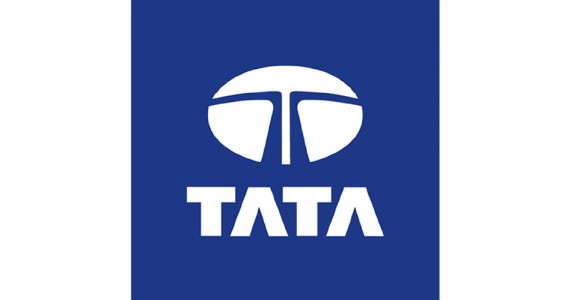
Community – not just a stakeholder but the purpose of business
Guest contribution from Anant G. Nadkarni, Vice President Group Corporate Sustainability, Tata Council for Community Initiatives, India.
Long before terms like “values” and “sustainability” became business buzzwords in the West they were already being implemented by an Indian corporation: The Tata group, founded by Jamsetji N. Tata in the late 1890s, is today going on over 130 years of emphasizing themes of governance, sustainability, values and ethics.
Jamsetji N. Tata wanted to build a pioneering enterprise that willingly shouldered nation building and community development. Early in the 20th century, when India was still ruled by the British, Tata group built India’s first steel plant, first hydro-electric power plant and the first luxury hotel in India, the now famous Taj Hotels. The group also funded the Indian Institute of Science.
What Jamsetji N. Tata wanted most of all was to help the Indian people to “improve the quality of their lives through the medium of business as an institutional mechanism”. But business was more than just business to the founder of Tata group, and he made sure his views were integrated and shared by establishing his ventures on sound ethics, values, human considerations and an aim to enhance the well-being of the employees.
Jamsetji N. Tata expressed his belief in the – probably to many in the commercial business world – thought-provoking sentence: “the community is not just another stakeholder in a business but the very purpose of the existence of an enterprise.”
Since its conception the Tata group has been run according to its founder’s beliefs. Recently, Anant G. Nadkarni, the Vice President of Group Corporate Sustainability, Tata Council for Community Initiatives, has written a short paper about some of the pioneering efforts that have shaped the company from within and created a model that the new pioneers of today can be inspired by and learn from.
You can read Anant G. Nadkarni’s inspiring paper here.
Posted in | CSR, India, New paradigms, Social entrepreneurshipTagged | Anant G. Nadkarni, changing world, CSR, Indian Institute of Science, Jamsetji N. Tata, new logics, socially innovative business concepts, Taj Hotels, Tata, Tata Council for Community Initiatives, The New Pioneers
2 Responses
-
These visionaries are rare in the short term sightlines and outcomes offered up by corporate executives, sharemarkets and fund managers who seem to make extraordinary decisions on behalf of their shareholders based entirely on financial gain or loss, with almost nought offered up for sustainability and responsibility. These latter two are constantly pushed aside as the triple line hypocracy is poorly weighted. In this digital age we have the ability to ask shareholders direct; not just corporate shareholders, but unit holders of fund managers all the way down the line. These “cowboys” in charge of funds ride around with absolute power, yet the true intent, or values, of their ultimate owner is raely, if ever, sought out. This has to change.







Having worked in India, visited the country 12 times and reported on the Tata group for the British press, I can endorse Anant Nadkarni’s remarks about the Tata ethos and its founding father, Jamsetji Tata. Recently, Dr JJ Irani, former head of Tata Steel in Jamshedpur and now on the parent board of Tata Sons, emphasised Tata’s commitment not only to corporate social responsibility but also to corporate sustainability (a theme of Tania Ellis’s book) when he gave a lecture to a conference on ‘Trust and Integrity in the Global Economy’ in Caux, Switzerland, three years ago.